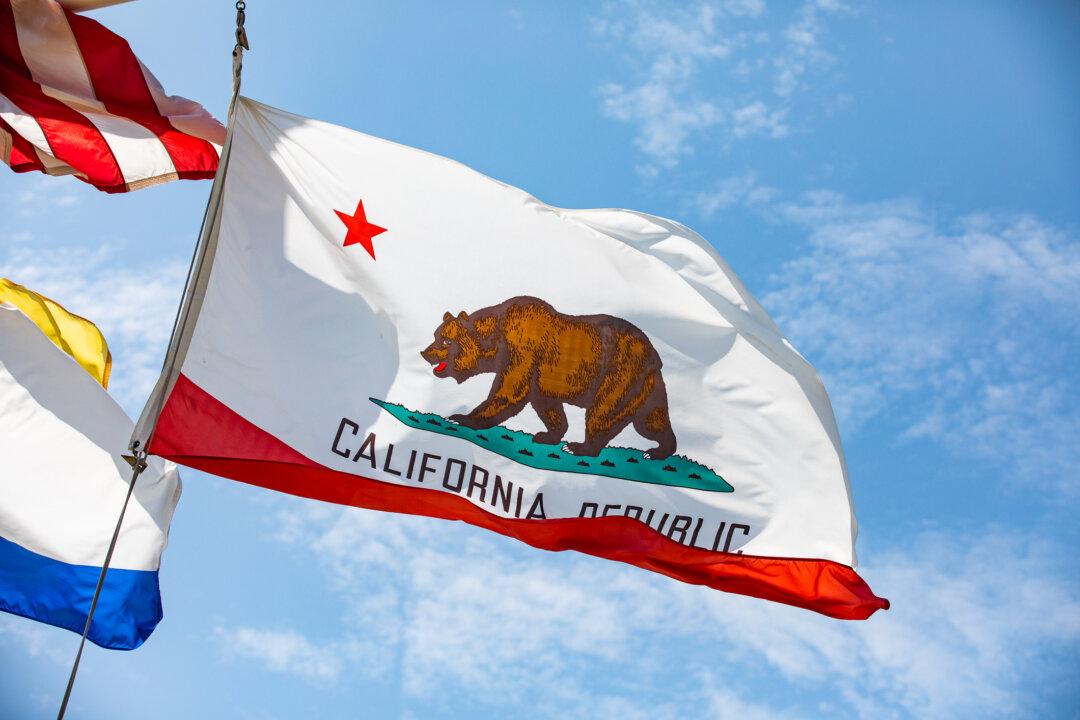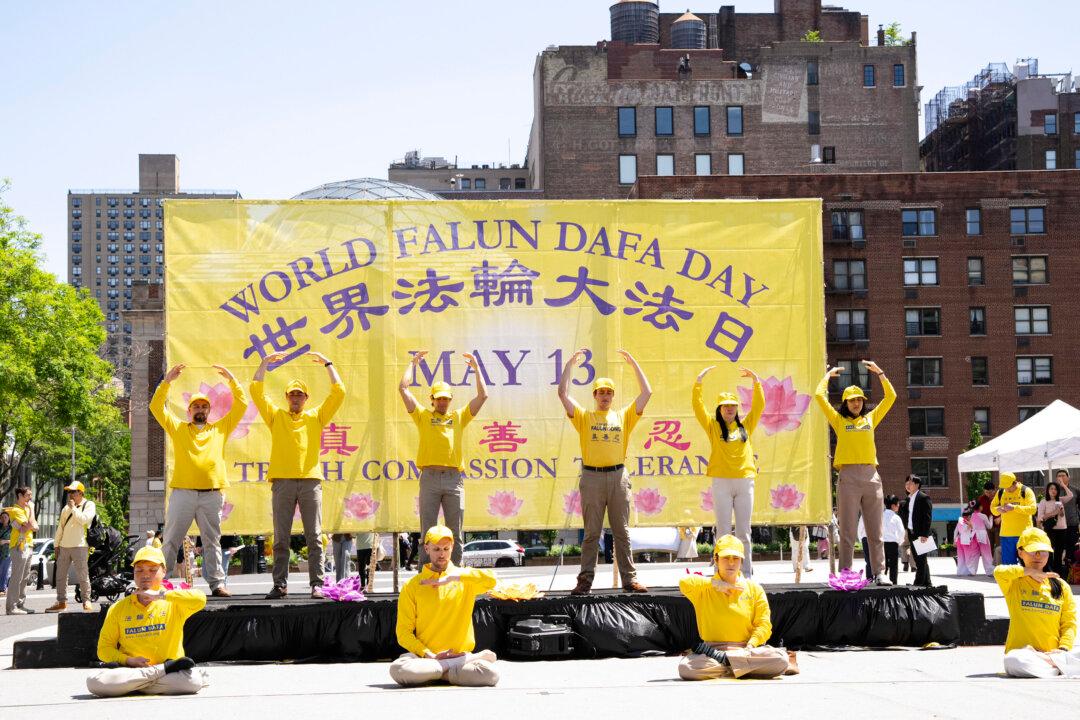A bar owner called the police at 1 p.m. and officers responded 14 hours later at 3 a.m. This is common today in San Francisco, according to a report earlier this year in the San Francisco Chronicle.
Such is happening, in part, due to a record low number of sworn San Francisco Police officers causing them to put aside calls that are not as urgent and dangerous, according to former department officer Joel Aylworth.





